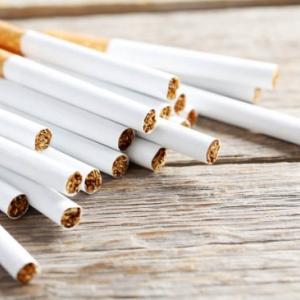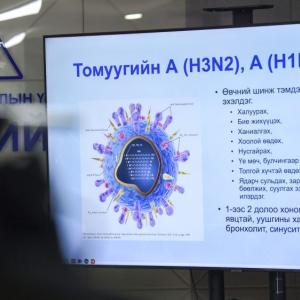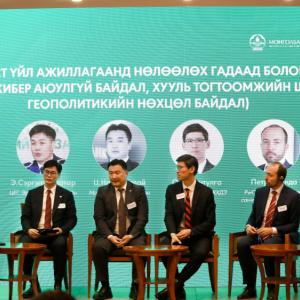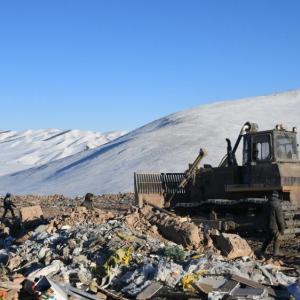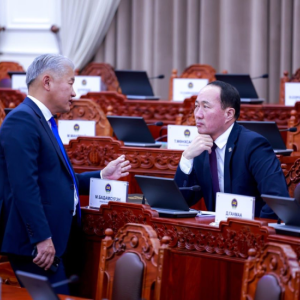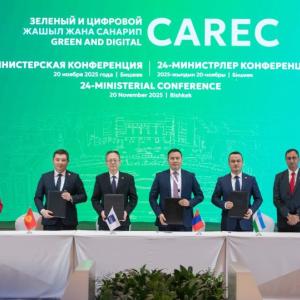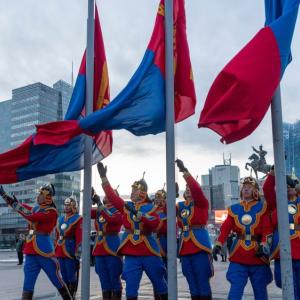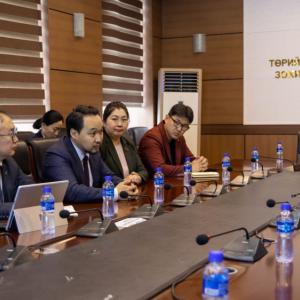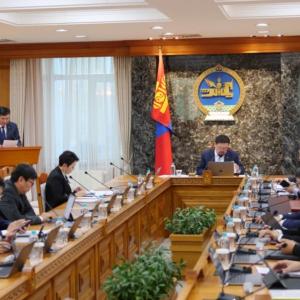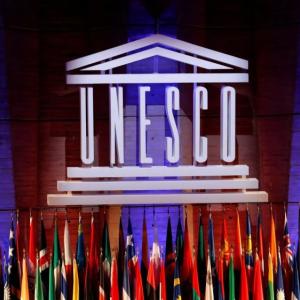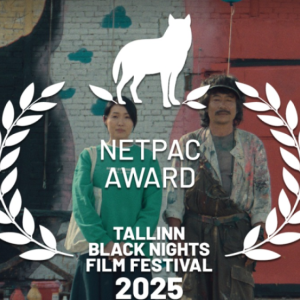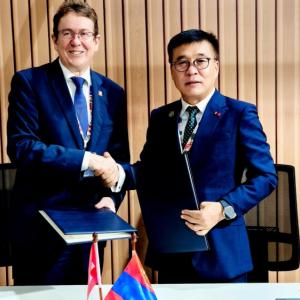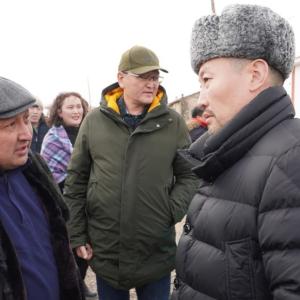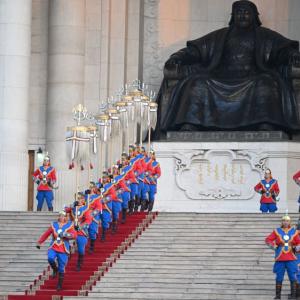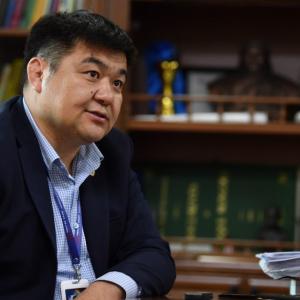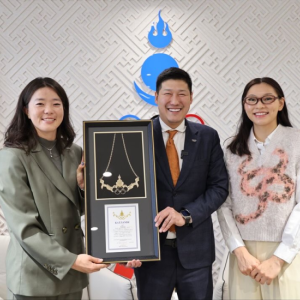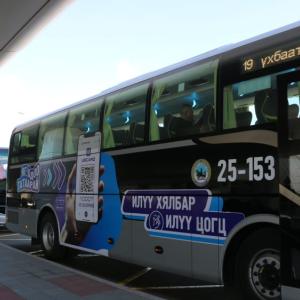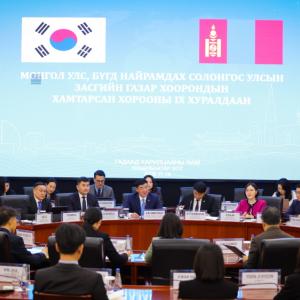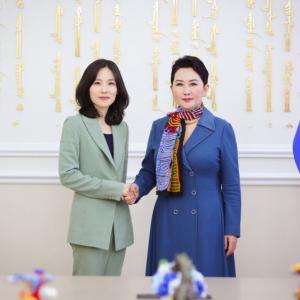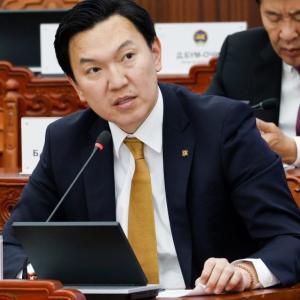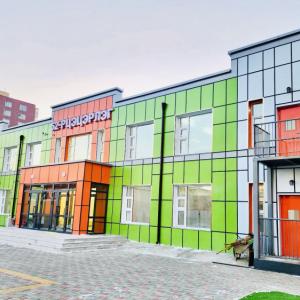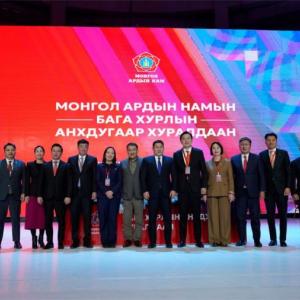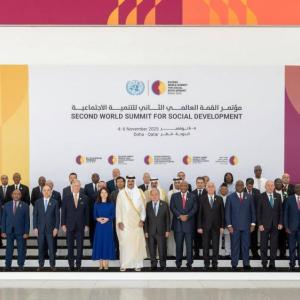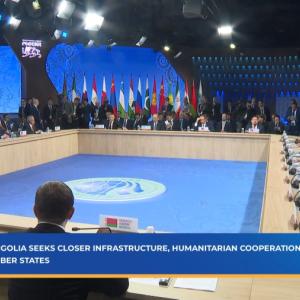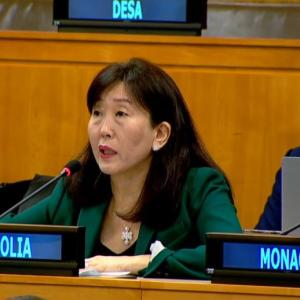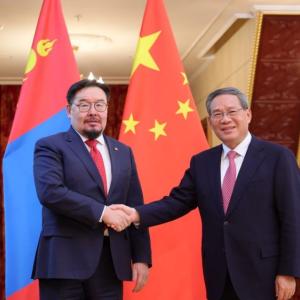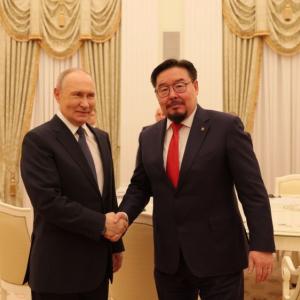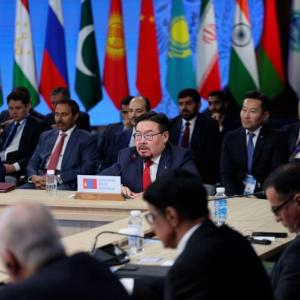Air pollution Can Be Reduced Through Collective Efforts
Society
Ulaanbaatar, March 6, 2023 /MONTSAME/. As one of the activities in preparation
for the 17th conference of the parties to the United Nations Framework
Convention on Desertification (COP 17), which will be held in Mongolia in 2026,
the High Level Forum on Clean air was successfully organized in Ulaanbaatar, Mongolia,
which the World Health Organization (WHO) declared that one of the five
most polluted cities in terms of air pollution last week. Besides air
pollution, Mongolia is struggling with other environmental challenges such as dust,
dirt, soil and water pollution. Air pollution and its attributable health
concerns have been worsening year by year in Mongolia.
Air pollution has a large impact on human
health and ecosystems and is the most important global environmental cause of
premature deaths. The latest update of the WHO Air Quality Guidelines
(2021) states that seven million people worldwide annually die prematurely of
cardiovascular and respiratory diseases that are attributable to ambient and
household air pollution. The greatest number (two-thirds) of these premature
deaths occurred in the South-East Asian and Western Pacific regions (as defined
by the WHO), which can be attributed to the rapid economical and industrial,
and urban growth in these areas.
To overcome some of these barriers, member
States of ESCAP have adopted, at the 7th session of the ESCAP Committee on
Environment and Development, the Asia-Pacific Regional Action Program on Air
Pollution (RAPAP), which covers improving air
quality management, facilitating air quality monitoring, sharing open data,
exchanging best practice, supporting capacity building and mobilizing
multilateral cooperation.
Responding to the urgency for solutions to this growing environmental challenge
common to many countries and cities across the region, this high level forum
brought together over 250 representatives from 20 countries, which are members
of the UNESCAP.

On the
sideline of the forum, the Field Visit was organized for the foreign
representatives. During the field visit, Ms. Dechin Tsering, Regional Director
of UNEP/ROAP highlighted
the urgency to launch collaboration
at the regional and international level in order to combat air pollution,
especially air particulate matter pollution mainly generated from the stoves or
the raw coal burning.
For the host country, Mongolia spent MNT 81 billion in 2019-2020, MNT 76 billion in 2020-2021, and MNT 43 billion in 2021-2022 on anti-pollution initiatives. While for 2022-2023, MNT 27 billion has been budgeted for the same goal. The coverage of the initiatives is not only limited to air pollution but also includes soil and water pollution, according to the Minister of Tourism and Environment. During the forum, the attendees shared and offered their experiences and suggestions on Mongolian situations in light of the Mongolian goal to reduce air pollution in the capital city by up to 80 percent by 2050, and supply up to 30 percent of energy needs with renewable energy by 2030. The suggestions from the foreign representatives highlighted the importance of prioritizing human health when developing standards in terms of solid fuels. Moreover, international organizations have expressed their interest to cooperate with Mongolia on increasing the decentralized (renewable) energy sources of Mongolia and heat supply technologies for ger districts.

At the end of the forum, attendees agreed on
the urgency to catalyze action along several dimensions, such as
promotion of science-based policy, establishment of open regional platforms,
promote domestic actions and regional cooperation, identify technical and
financial resources, and foster dialogue and cooperation.
 Ulaanbaatar
Ulaanbaatar








